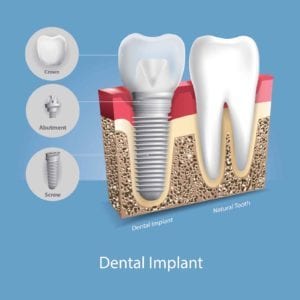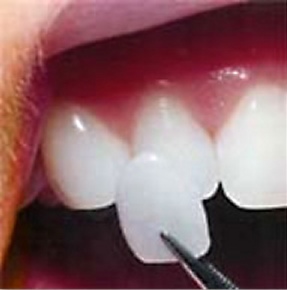I have a titanium dental implant but recently read that there is evidence metal, including mercury, in dental work can cause neurological problems. I’m about to get a new dental implant and I am trying to find a dentist willing to give me zirconia type. It’s proving to be a tad difficult to find one. My question though is when I do find one should I also replace the old implant?
Olivia
Dear Olivia,
I’m not sure where you read that metal in your body can cause neurological ill effects. Do you happen to have the link to the article? I would be surprised if it was from a medical journal. If you think about it your body naturally has metals in it that are necessary for your survival. One example is the iron in your blood. When someone is low on iron it has massive repercussions and they have to take supplements to stay healthy.
That being said, if you really want metal-free implants you will be able to find a dentist willing to provide them. The main reason why most dentists still prefer standard titanium implants is simply a matter of data. We have been using dental implants for decades now and have a lot of research and results on the safety and longevity of the procedure.
The zirconia implants haven’t been around as long. As a result, we don’t have any long term studies on them to show how they hold up over the years. It may turn out they are just as stable with an equally long or maybe even longer lifespan. We just have to wait until they’ve been around long enough to know.
Should You Exchange Your Dental Implants?
While there isn’t a problem with getting your new implant from a different material. I can’t recommend switching out your current dental implant. It is too much of a risk. First, when you remove your dental implant, it will take bone structure with it. That bone is necessary to keep the implant secure. Without it, you will experience dental implant failure.
In order to replace your current dental implant, you will now have to build back up the bone in your jaw. In order to do that, you will need an additional surgical procedure known as bone grafting. If that is successful, then you will again have dental implant surgery. Both the bone grafting and the implant could fail. If you have a successful dental implant now, I can’t think of a good reason to risk it.
It is your choice, of course. I just wanted to make sure you understood the risks.
This blog is brought to you by New Orleans Dentist Dr. Duane Delaune. We are a mercury-free dental office.




